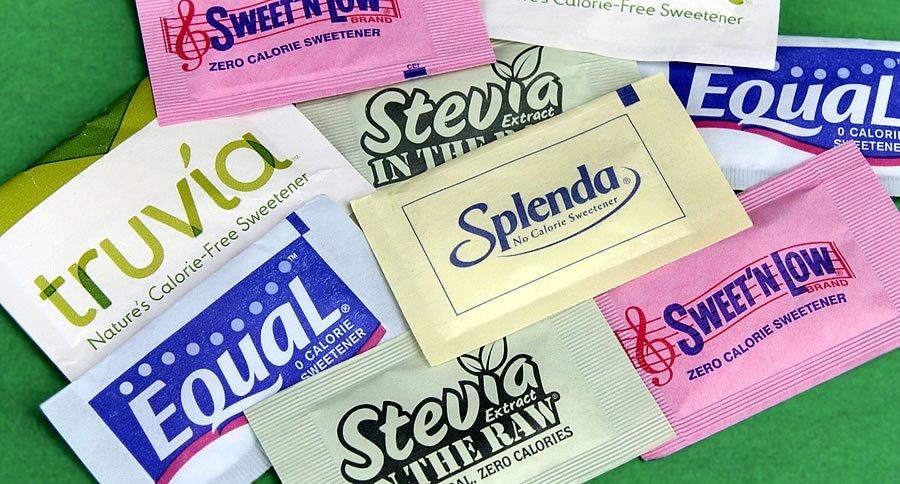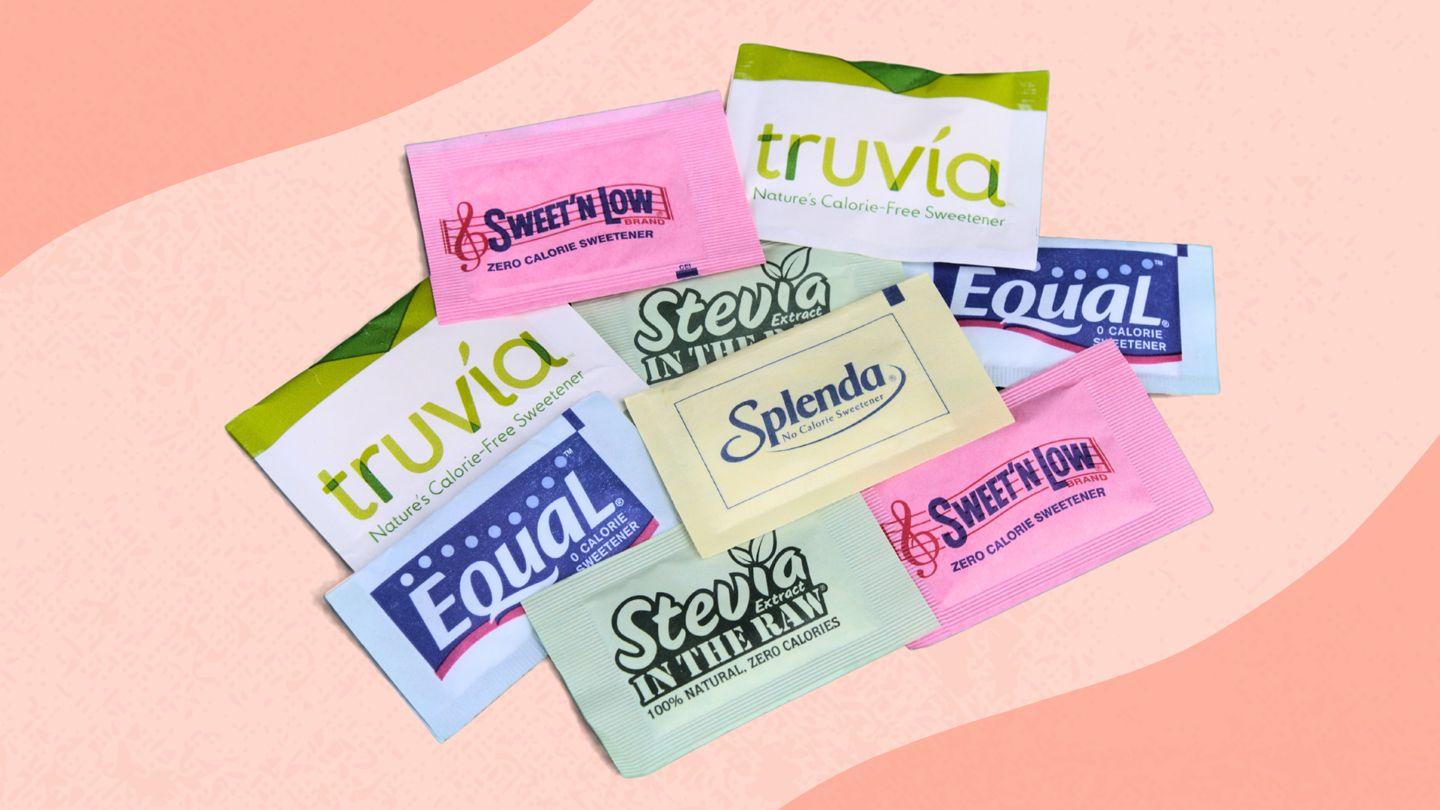In the realm of fitness nutrition, where every calorie counts and dietary choices are meticulously curated, artificial sweeteners have emerged as both a boon and a bane. These sugar substitutes, with their promise of guilt-free sweetness, have found their way into protein shakes, energy bars, and a myriad of low-calorie snacks. Yet, beneath their saccharine allure lies a contentious debate: should these lab-crafted concoctions be embraced or shunned in the pursuit of peak physical performance? As athletes and fitness enthusiasts navigate the intricate balance between taste and health, the question of whether to indulge in these synthetic sweeteners or to steer clear of them looms large. This article delves into the heart of this debate, examining the science, scrutinizing the claims, and exploring the potential impacts on fitness nutrition. Join us as we unravel the complexities of artificial sweeteners and their place in the world of fitness.
Exploring the Science Behind Artificial Sweeteners in Fitness Diets
In the realm of fitness nutrition, artificial sweeteners often spark heated debates among enthusiasts and experts alike. These low-calorie sugar substitutes are popular in diet products, yet their role in a fitness diet remains contentious. Advocates highlight their ability to satisfy sweet cravings without the added calories, which can be a boon for those aiming to maintain a calorie deficit. However, it’s crucial to consider the potential implications on metabolism and appetite regulation.
- Metabolic Impact: Some studies suggest that artificial sweeteners might disrupt the body’s ability to regulate blood sugar, potentially leading to insulin resistance over time.
- Appetite Control: While they provide sweetness without calories, there’s ongoing research into whether they actually increase hunger or cravings, potentially leading to increased overall food intake.
Ultimately, the decision to include artificial sweeteners in a fitness diet should be based on individual goals and responses. Listening to one’s body and consulting with a nutritionist can help determine the best approach for each person.

Understanding the Impact on Performance and Recovery
In the realm of fitness nutrition, the role of artificial sweeteners on performance and recovery is a topic that often stirs debate. These sugar substitutes, while lower in calories, bring a mix of potential benefits and drawbacks that can influence athletic outcomes. On one hand, artificial sweeteners can help athletes manage caloric intake without sacrificing the sweet flavors they crave. This can be particularly beneficial for those aiming to maintain or reduce body weight, thereby potentially enhancing performance through optimized body composition. However, some studies suggest that artificial sweeteners might alter gut microbiota or increase cravings for sugary foods, which could indirectly affect energy levels and recovery processes.
When considering the impact on recovery, it’s crucial to recognize that artificial sweeteners themselves do not provide the nutrients necessary for muscle repair and glycogen replenishment. This means that athletes relying heavily on artificially sweetened products might inadvertently neglect other vital nutritional components. For those focusing on optimal recovery, it may be more beneficial to prioritize whole foods and balanced meals. Key aspects to consider include:
- Nutrition Density: Emphasizing foods rich in proteins, vitamins, and minerals.
- Hydration: Ensuring adequate fluid intake, which artificial sweeteners alone cannot provide.
- Balanced Energy Sources: Incorporating a mix of carbohydrates, proteins, and fats for sustained energy and repair.
Ultimately, the decision to include or avoid artificial sweeteners in fitness nutrition should be tailored to individual goals and physiological responses, keeping in mind the balance between taste preferences and nutritional needs.

Balancing Benefits and Risks for Optimal Health
In the realm of fitness nutrition, the choice to include or exclude artificial sweeteners can feel like walking a tightrope between benefits and risks. On one hand, these sweeteners offer a way to enjoy sweet flavors without the caloric impact of sugar, which can be particularly appealing for those seeking to maintain a calorie deficit or manage weight. They can also help reduce sugar intake, which is a crucial aspect of preventing conditions like diabetes and obesity. Some of the potential benefits include:
- Low to zero calories, aiding in weight management.
- No significant impact on blood sugar levels, suitable for diabetics.
- Long shelf life and versatility in recipes.
On the flip side, the risks associated with artificial sweeteners have sparked ongoing debates. While research is still evolving, concerns have been raised about potential links to metabolic disorders and gut health disturbances. Moreover, some individuals report experiencing headaches or digestive issues after consumption. It’s crucial to stay informed and consider:
- Potential long-term health effects, which are still being studied.
- The possibility of artificial sweeteners altering gut microbiota.
- Individual sensitivity, which can vary greatly among users.
Striking a balance requires a nuanced approach, weighing personal health goals and responses to these sweeteners, while keeping an eye on emerging scientific findings.
Guidelines for Incorporating Sweeteners into a Fitness Routine
When it comes to weaving sweeteners into your fitness journey, a mindful approach can make all the difference. It’s crucial to consider both natural and artificial sweeteners, as each has its unique impact on your body’s metabolism and energy levels. Natural sweeteners like honey, maple syrup, and agave nectar can provide a touch of sweetness while offering some additional nutrients. However, they also come with extra calories, which might not align with weight loss goals.
On the other hand, artificial sweeteners such as aspartame, sucralose, and stevia provide a calorie-free alternative, but their long-term effects remain a topic of debate among nutritionists and fitness enthusiasts. Here are some guidelines to help you make an informed choice:
- Balance is key: Moderation is essential, whether you’re choosing natural or artificial options.
- Listen to your body: Pay attention to how your body reacts to different sweeteners, as some may cause digestive discomfort or cravings.
- Consider your goals: Align your sweetener choice with your fitness objectives, whether that’s muscle gain, weight loss, or endurance training.
